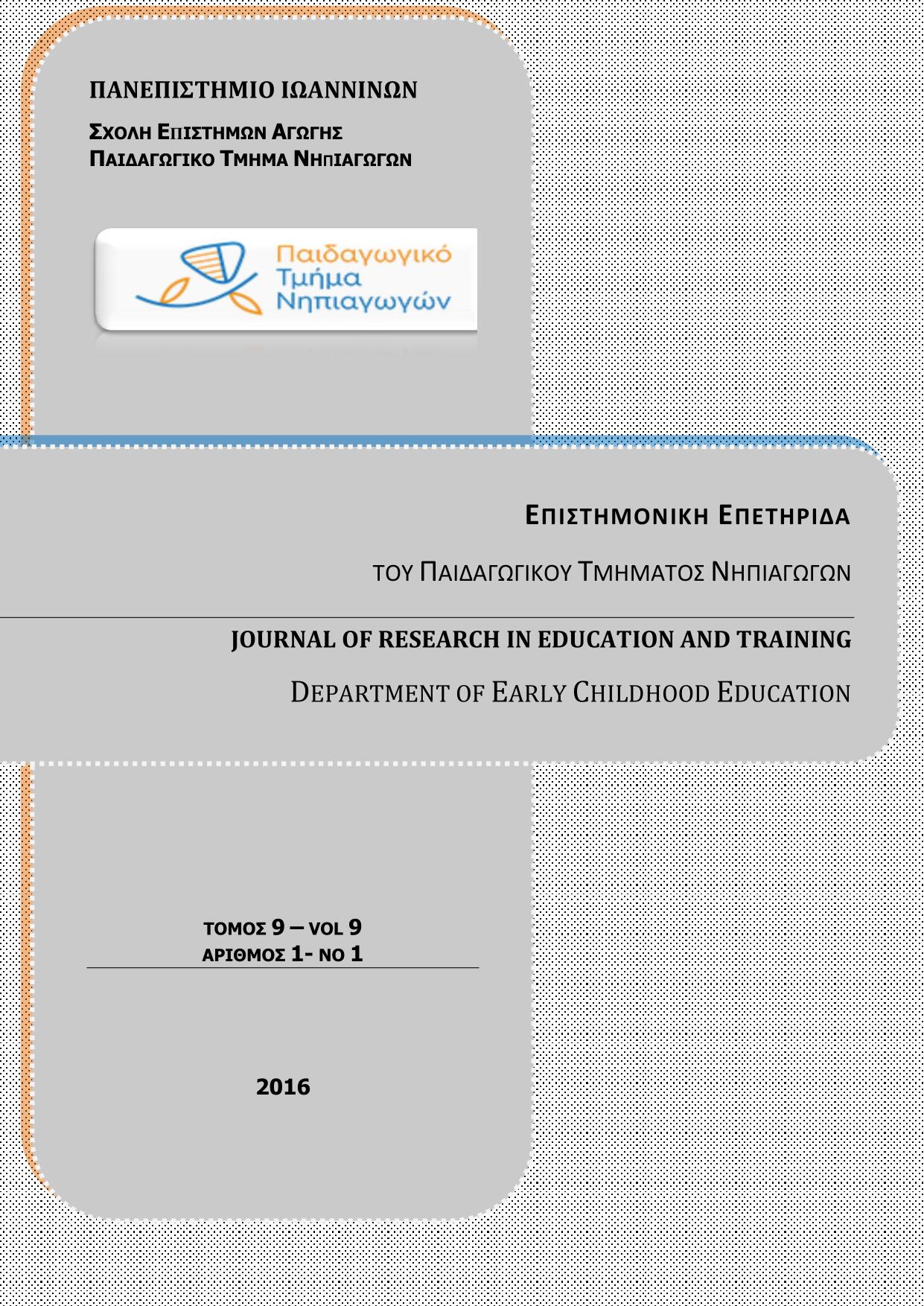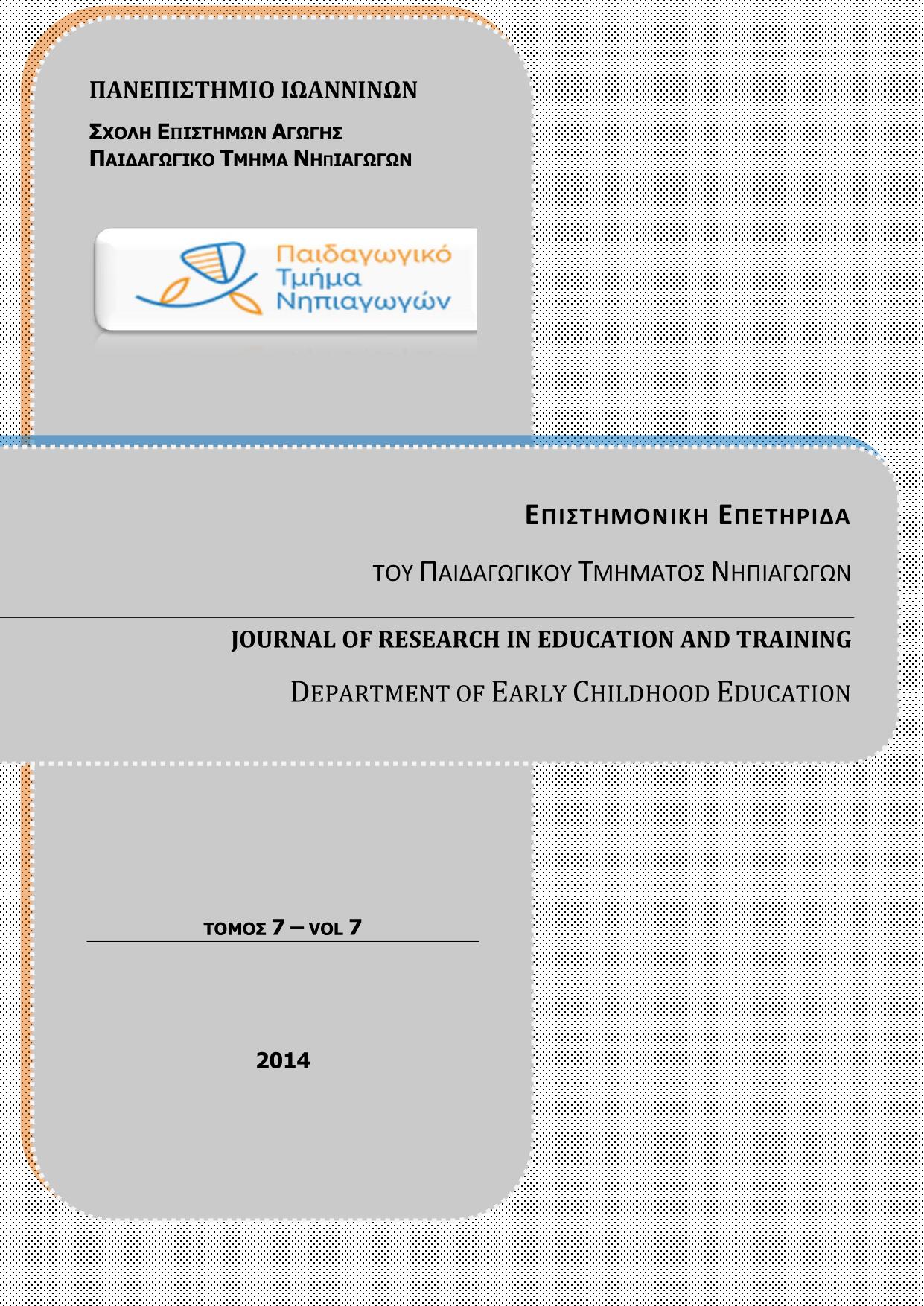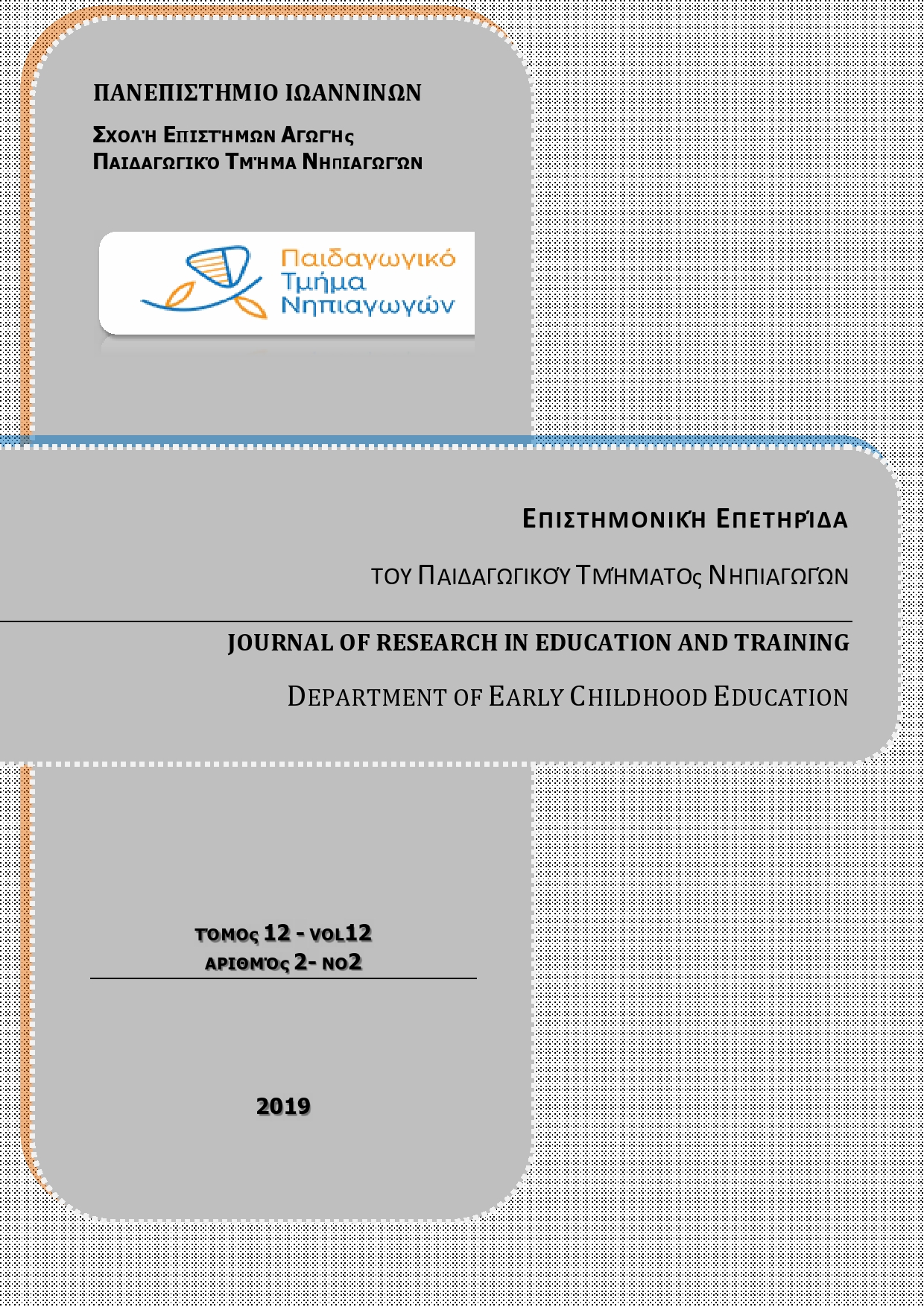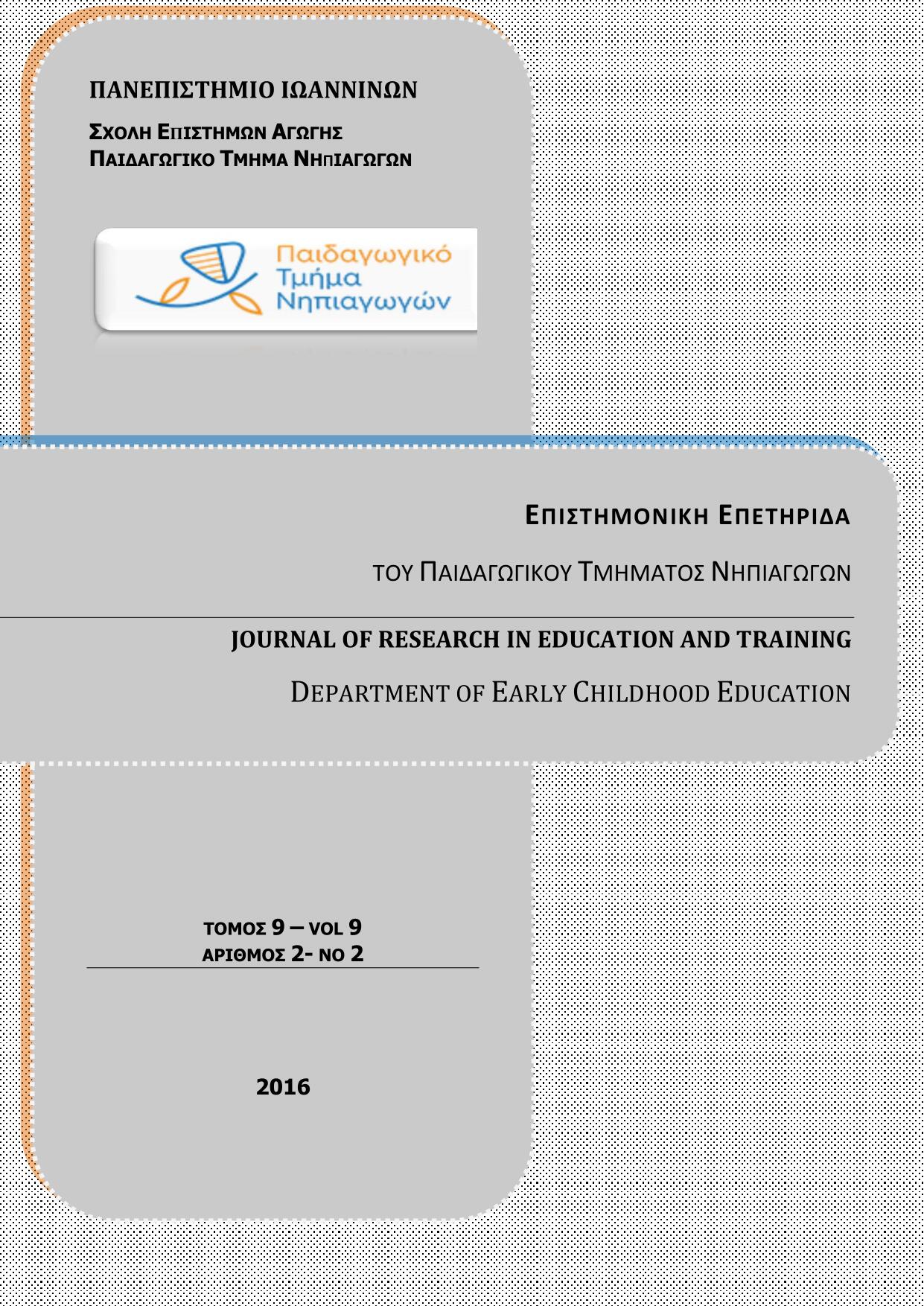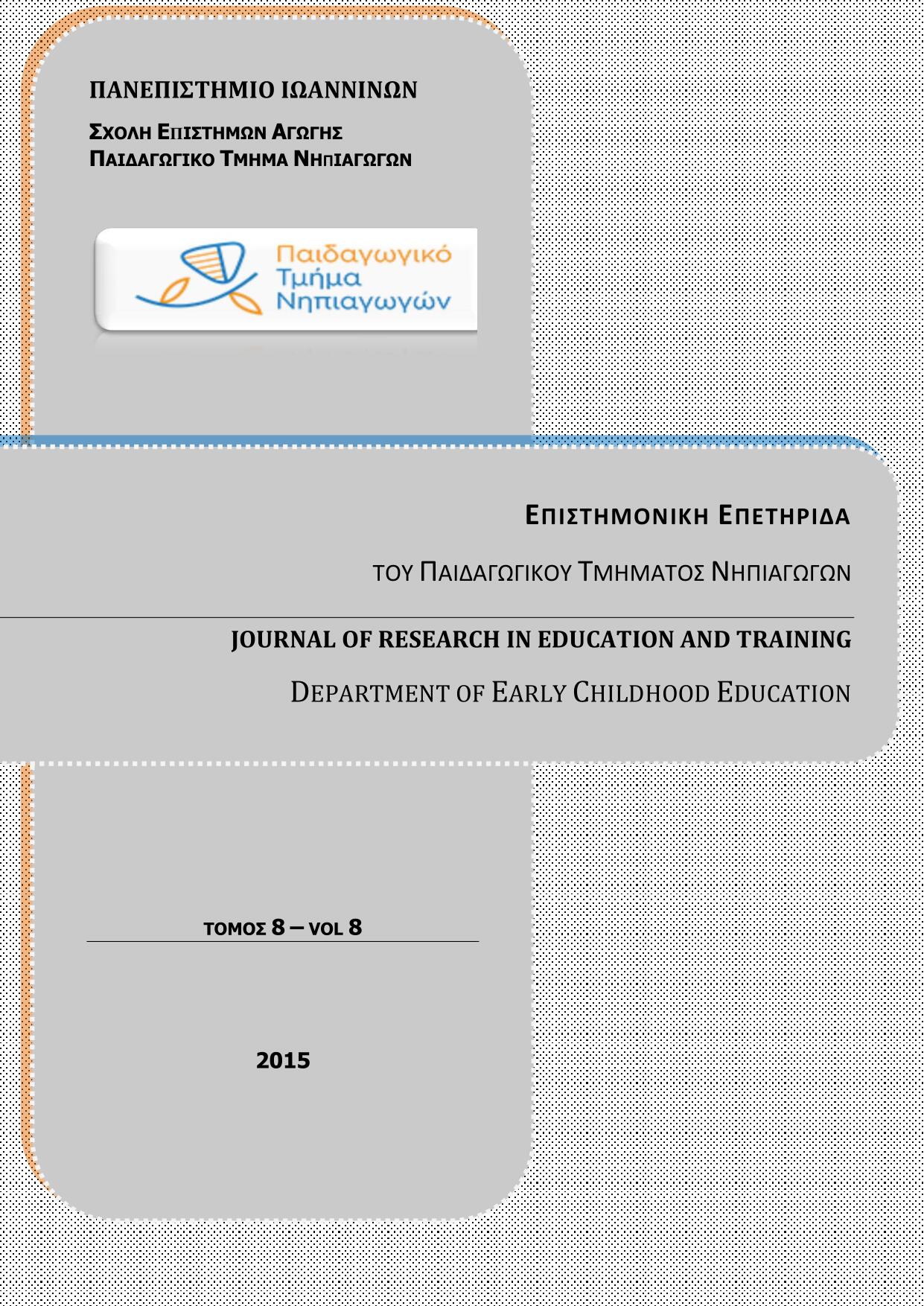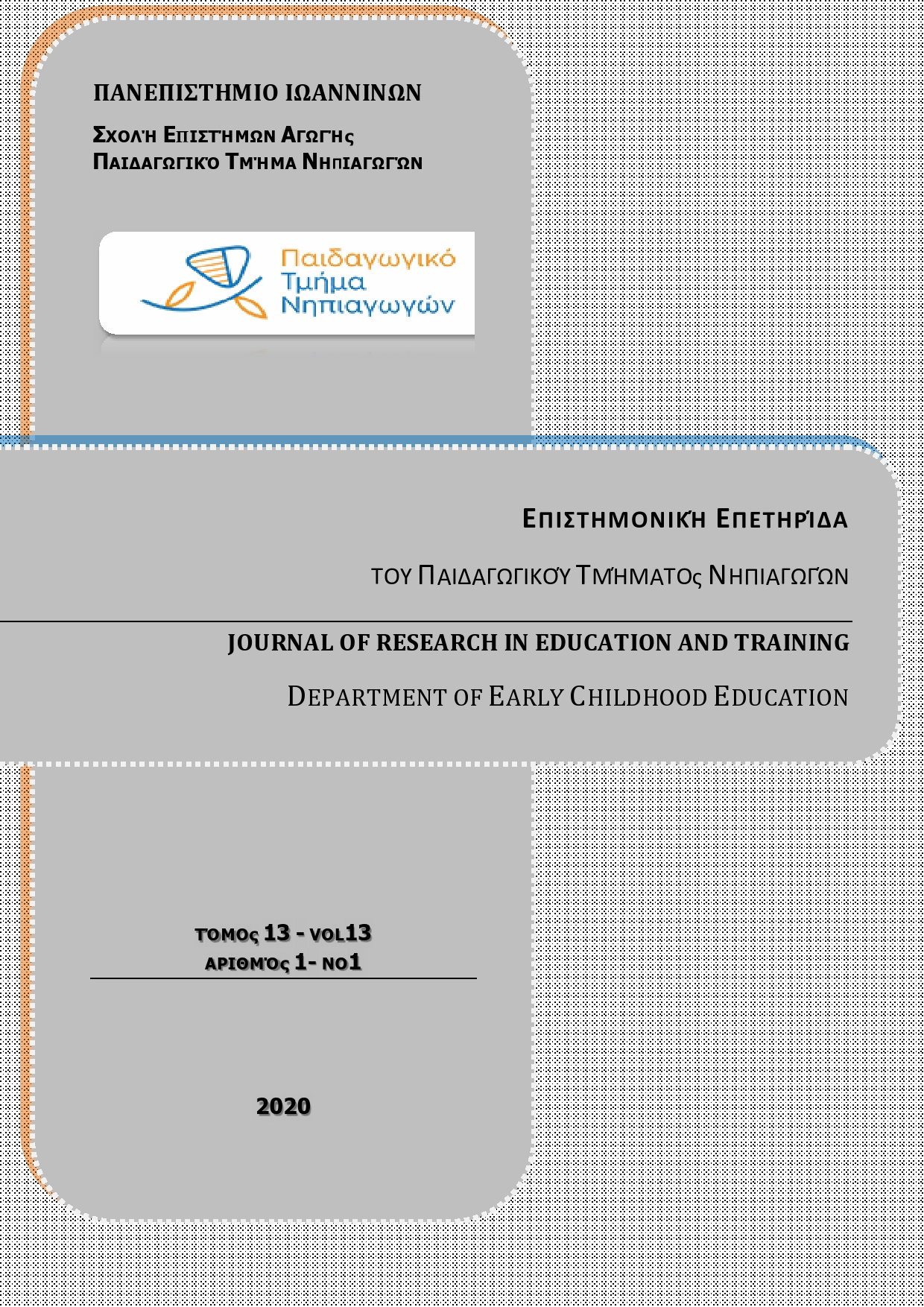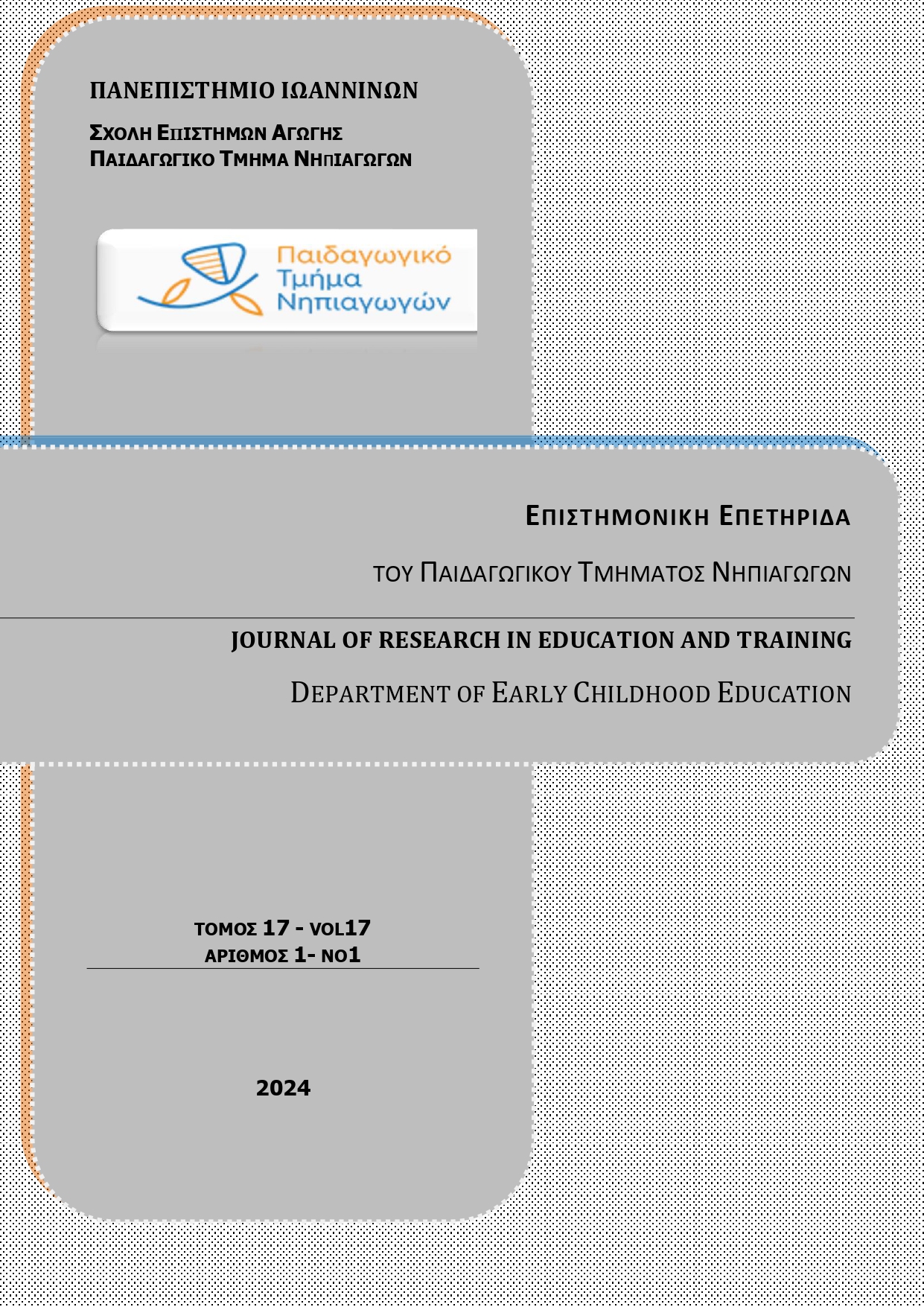Υποκειμενική Γνωστική Εξασθένιση ή/και Αντικειμενική Γνωστική Εξασθένιση στους μεσήλικες; μία μελέτη διερεύνησης της σχέσης γνωστικών παραπόνων και λειτουργίας του Διαχειριστή Επεισοδίων
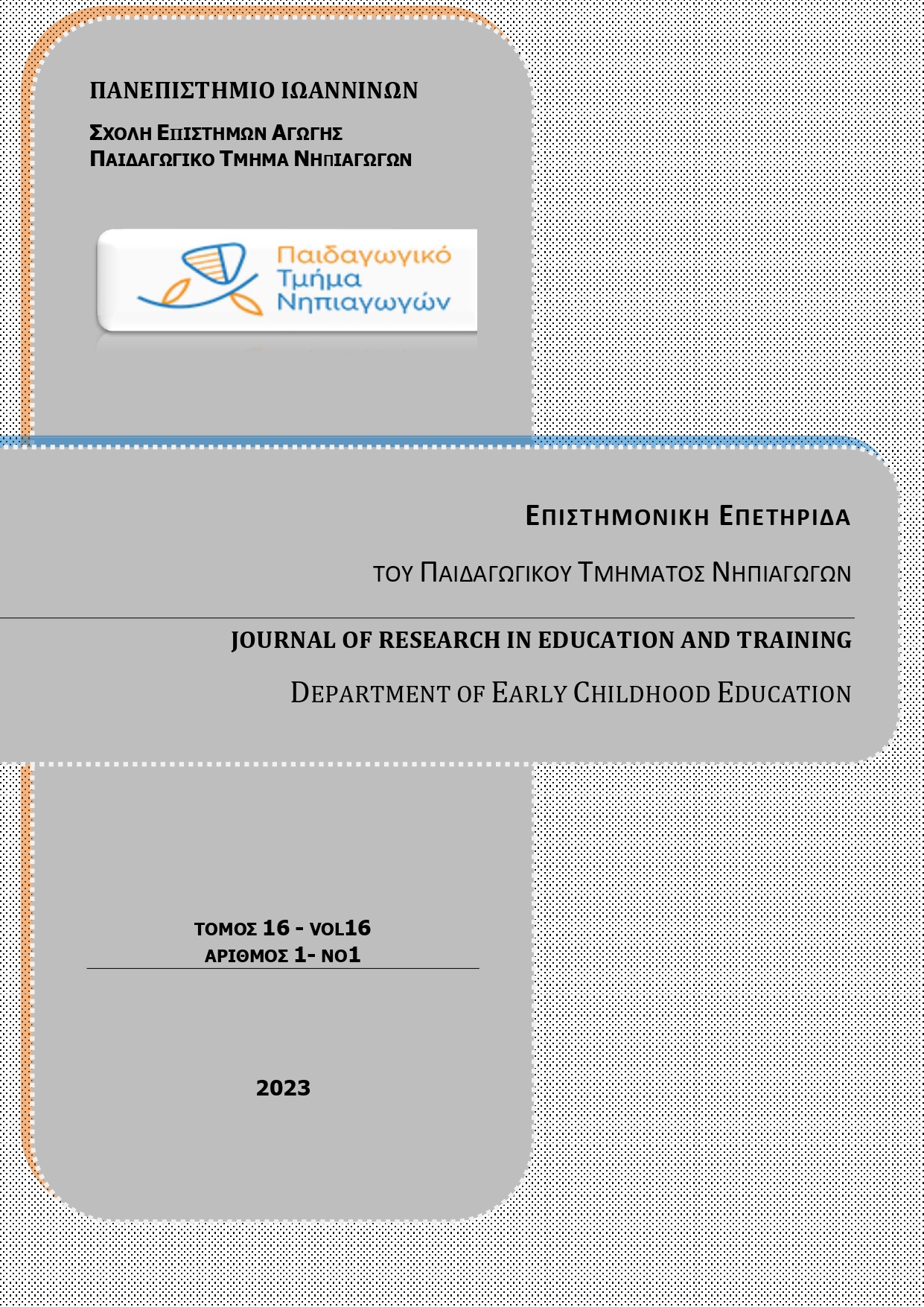
Περίληψη
Ο όρος «Υποκειμενική Γνωστική Εξασθένιση (Subjective Cognitive Decline, SCD)» αφορά τη γνωστική έκπτωση που συνήθως αναφέρουν ότι βιώνουν τα άτομα μέσης ηλικίας, χωρίς όμως, αυτό να επιβεβαιώνεται από αντικειμενικές νευροψυχολογικές μετρήσεις μέχρι σήμερα. Η έκπτωση αυτή εκδηλώνεται ως γνωστικά παράπονα και ανησυχίες του ατόμου για τη μνήμη του. Στόχος της παρούσας μελέτης ήταν να εξεταστεί η σχέση μεταξύ των υποκειμενικών γνωστικών παραπόνων και της επίδοσης σε μια δοκιμασία ενοποίησης χαρακτηριστικών, η οποία αξιολογεί τη λειτουργία του διαχειριστή επεισοδίων της εργαζόμενης μνήμης και θεωρείται αρκετά απαιτητική. Αναμενόταν ότι όσοι μεσήλικες έχουν περισσότερα γνωστικά παράπονα, σύμφωνα με τις αυτοαναφορές τους, θα έχουν και χειρότερη επίδοση στην εν λόγω δοκιμασία. Το δείγμα της έρευνας ήταν 103 μεσήλικες, ηλικίας 50 έως 64 ετών, στους οποίους χορηγήθηκαν διαδικτυακά, ερωτηματολόγια αυτοαναφοράς για τη γνωστική λειτουργία και η δοκιμασία ενοποίησης χαρακτηριστικών. Τα αποτελέσματα έδειξαν ότι τα γνωστικά παράπονα συνδέονται με το αυτοαναφερόμενο θυμικό, και συγκεκριμένα, με τη δημιουργία αρνητικού θυμικού σχετικά με τη μνήμη, το οποίο διαμεσολαβεί τη σχέση γνωστικών παραπόνων – επίδοσης στη δοκιμασία ενοποίησης χαρακτηριστικών. Συνεπώς, υποκειμενικές και αντικειμενικές εκτιμήσεις γνωστικής έκπτωσης φαίνεται να συνδέονται στους μεσήλικες, με συνδετικό κρίκο και το αντιλαμβανόμενο αρνητικό θυμικό σχετικά με τη μνημονική λειτουργία.
Λεπτομέρειες άρθρου
- Πώς να δημιουργήσετε Αναφορές
-
Εμμανουηλίδου Ε., Φραντζή Ν., & Μωραΐτου Δ. (2023). Υποκειμενική Γνωστική Εξασθένιση ή/και Αντικειμενική Γνωστική Εξασθένιση στους μεσήλικες;: μία μελέτη διερεύνησης της σχέσης γνωστικών παραπόνων και λειτουργίας του Διαχειριστή Επεισοδίων. Επιστημονική Επετηρίδα Παιδαγωγικού Τμήματος Νηπιαγωγών Πανεπιστημίου Ιωαννίνων, 16(1), 92–113. https://doi.org/10.12681/jret.31784
- Τεύχος
- Τόμ. 16 Αρ. 1 (2023):
- Ενότητα
- Άρθρα

Αυτή η εργασία είναι αδειοδοτημένη υπό το CC Αναφορά Δημιουργού – Μη Εμπορική Χρήση – Παρόμοια Διανομή 4.0.
Οι συγγραφείς που δημοσιεύουν σε αυτό το περιοδικό συμφωνούν στους παρακάτω όρους :
1. Οι συγγραφείς διατηρούν τα δικαιώματα πνευματικής ιδιοκτησίας επί των άρθρων τους, χορηγώντας στο περιοδικό το δικαίωμα της πρώτης δημοσίευσης. Άρθρα που δημοσιεύονται στο περιοδικό «Επιστημονική Επετηρίδα του Παιδαγωγικού Τμήματος Νηπιαγωγών της Σχολής Επιστημών Αγωγής του Πανεπιστημίου Ιωαννίνων» διατίθενται με άδεια Creative Commons 4.0, σύμφωνα με την οποία μπορούν να χρησιμοποιούνται ελεύθερα, με αναφορά στο/στη συγγραφέα και στην πρώτη δημοσίευση για μη κερδοσκοπικούς σκοπούς.
2. Οι συγγραφείς μπορούν να συνάπτουν ξεχωριστές, πρόσθετες συμβάσεις και συμφωνίες για την μη αποκλειστική διανομή του δημοσιευμένου στο περιοδικό έργου (π.χ. κατάθεση σε ένα ιδρυματικό αποθετήριο ή δημοσίευση σε ένα βιβλίο), με την αναγνώριση της πρώτης δημοσίευσης σε αυτό περιοδικό.
3. Στους συγγραφείς επιτρέπεται να δημοσιεύσουν την εργασία τους online (κατά προτίμηση σε ιδρυματικά αποθετήρια ή στην ιστοσελίδα τους) πριν και κατά τη διάρκεια της διαδικασίας υποβολής, καθώς αυτό μπορεί να οδηγήσει σε παραγωγικές ανταλλαγές, όπως επίσης και παλαιότερες και ευρύτερες παραπομπές δημοσιευμένων εργασιών (The Effect of Open Access)



